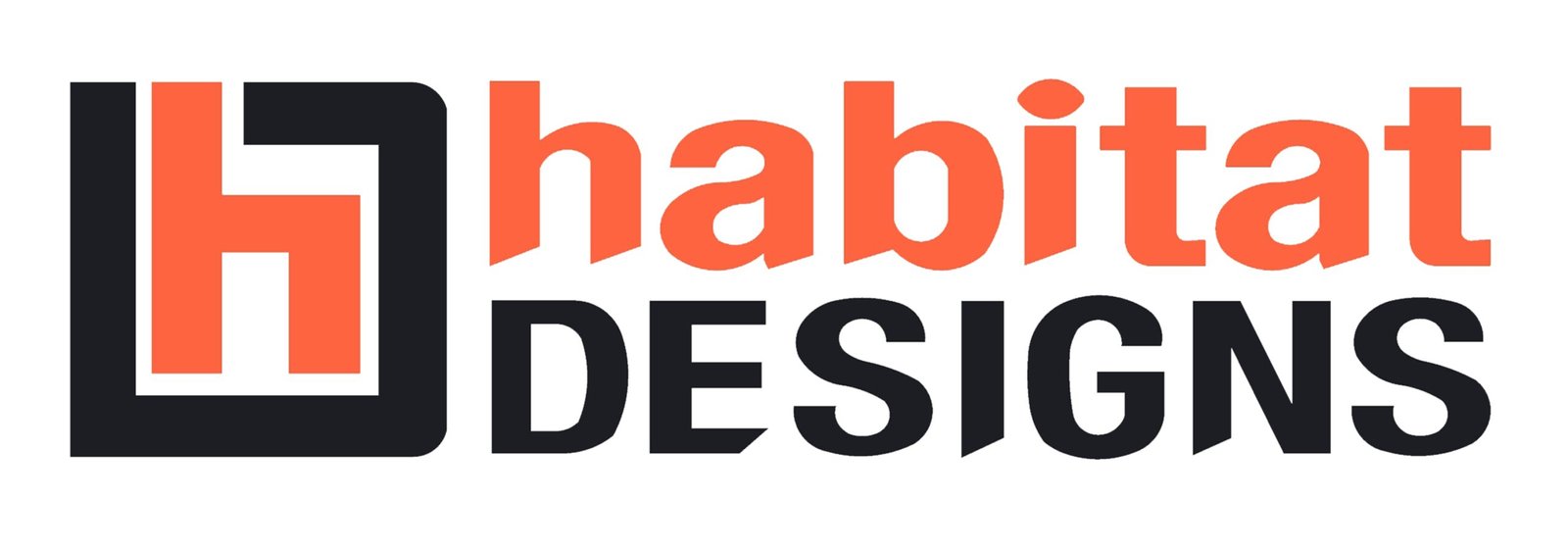- +679 6664508
- 0212607075
- 6 Walu Street Lautoka ,Fiji
- 4 Forbes Lane, Newlands,Wellington,New Zealand 6037
We are committed to the Quality Assurance and Best Practice Standards in management and the design process
OUR PROCESS
1.PREDESIGN STAGE
After an initial meeting, we start to gather key information such as the certificate of title, drainage plans and zoning and town planning information. Sometimes you, as the client, may have some of this information or can help collect it, but this should be clearly discussed to avoid any confusion. We also ask to have your site surveyed, on your behalf, to accurately define contours and boundaries. Issues with regard to existing planting, water courses and soil type may also need to be addressed.
2.CONCEPT DESIGN STAGE
When the project’s parameters are established, we will begin developing concepts. These will be influenced by project scope, budget and your individual requirements. We take all your requirement and ideas and develop through series of design option by floor plans perspective views and computer renders and walk though. During concept development we will investigate a number of ideas. It is not unusual to receive a number of alternative ideas for your project, looking for advantages of site and setting and ways to design more efficiently. These alternatives may challenge your thinking but be open-minded and communicate clearly about what you do and don’t like. It is always helpful to revisit your brief to assess whether any concept meets your stated objectives.This is the stage where we also like to go over our Services Agreement and fees.
3.DEVELOPED DESIGN STAGE
When a concept is agreed upon, we will test the ideas, refine the details and shape the final design. Developed design is a key phase – it’s your last opportunity to refine the overall nature of the project before planning commences. Your budget will come into play during developed design. Think about priorities in terms of time, quality and cost and allocate authority for final decision-making. On larger projects we normally engage a quantity surveyor to estimate costs. While it is difficult to predict the final cost of a building. We can also play a role in securing consents required by relevant authorities, if needed, for your building.
4.DETAILED DESIGN STAGE
Once relevant authority consent is approved, your project will progress to the detailed design phase. Here we will advance your design to the level of detail that allows a construction contractor to assess the full scope of the project. This will include construction details, materials, components, systems and finishes. We at this stage like to revisit our Agreement Services to make sure all aspects of the contract are included in the detailed design.Often we will communicate with the Building Consent Authority and foster understanding of your project from an early stage. We will have an in-depth understanding of the current state of the construction industry and can be an invaluable guide in choosing a quality builder and other contractors to execute your design.
5.TENDER & PROCUREMENT STAGE
If that is the procurement method, we can help with the tendering process and consider your particular needs when choosing a contractor. At this stage of your project, we understand that it can be challenging to navigate the process of engaging a contractor. That’s where our team of architectural designers comes in to help. We’re here to guide you through the Tender & Procurement phase, so you can focus on the excitement of building your dream home.During this phase, we’ll work with you to find the right contract to use and ensure that your project is tendered efficiently. This means finding a suitable contractor or company that can bring your project to life. We understand that this is just as important as any part of the design process. After all, skilled builders will be taking our paper-based design and turning it into your home.
6.CONTRACT ADMINISTRATION STAGE
We are trained in the management of contractual and financial transactions during the construction of your building. Projects do change and there are sometimes unforeseen elements that may require contractual consideration – we are well placed to help with such developments. Let us know if you have any particular preferences about the contractual nature of your project or issues with financing. Generally, you will pay fees at set stages of the design process.
7.PROJECT OBSERVATION STAGE
We can play an important role in overseeing the construction phase of your project with onsite visits and monitoring the construction contracts that are in place. You may decide it is necessary for us to work onsite regularly, or it might be sufficient for them to visit and monitor the project periodically.
8.COMPLETION STAGE
When the main contractor advises us the project is practically complete we can then assess the construction and provide a detailed list of remaining work. We will collect all trade warranties from the main contractor and will secure a Code Compliance Certificate for you. At this point in the project, we will also help administer final payments to contractors and issue the main contractor with a Defects Liability Certificate.











